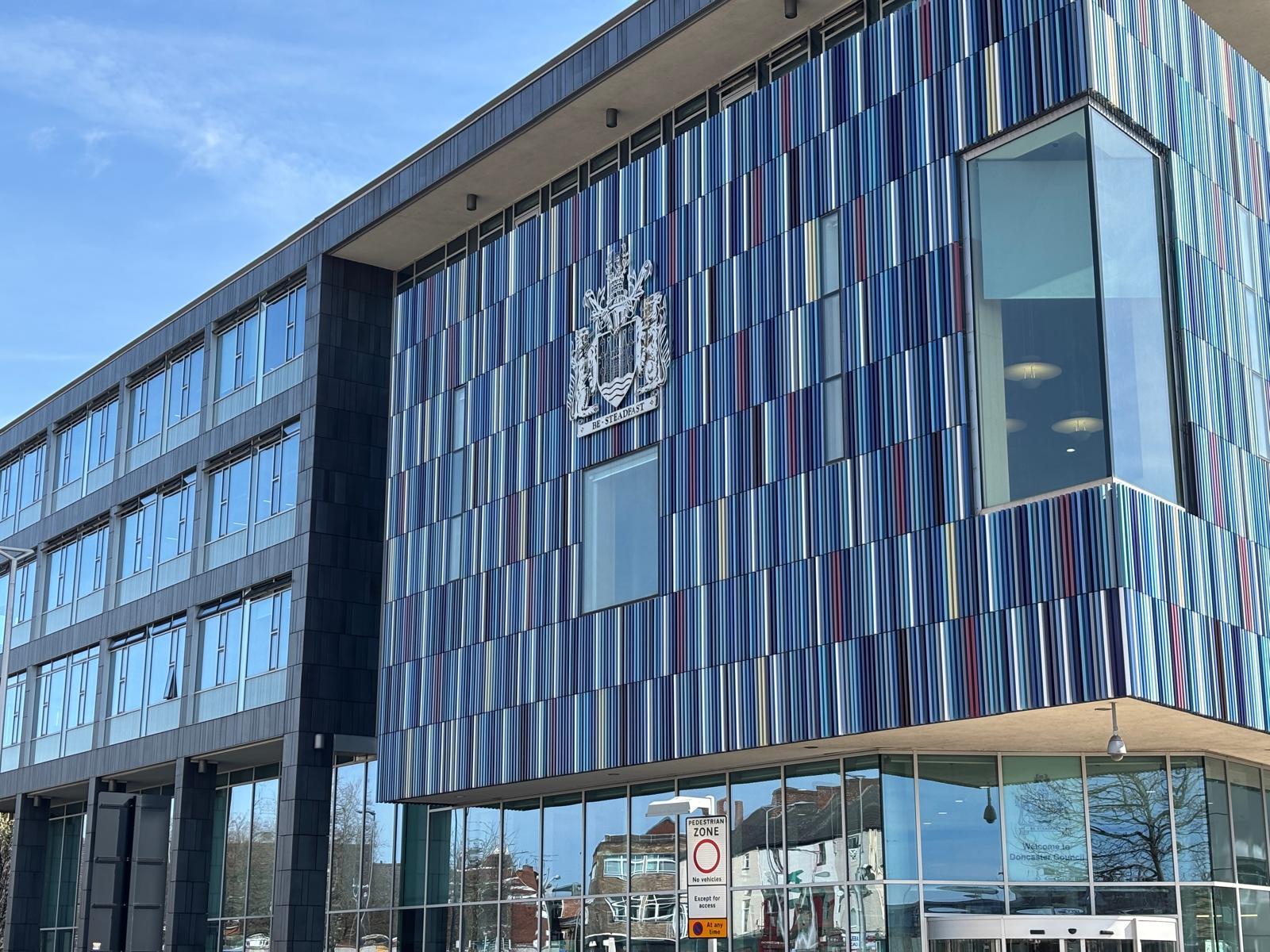The Use of Unregulated Accommodation for Vulnerable Under 16s in Doncaster
The City of Doncaster Council has spent over £1.8 million on housing vulnerable children under the age of 16 in unregulated accommodation, according to recent revelations. This form of accommodation includes properties such as flats, bedsits, and hostels that are not regulated by Ofsted. Despite a ban on placing children under 16 in such settings in 2021, some local authorities continue to use this type of housing.
Rebecca Wall, service director for children’s social care, stated: “The City of Doncaster Council is committed to ensuring children in our care are placed in family-based homes wherever possible. Over 75% of our children are cared for within family homes. CDC also supports young people to live in residential homes and for those transitioning into adulthood, semi-independent living.”
Most children in care in Doncaster are housed in Ofsted-registered accommodation, which can include children’s care homes and foster care. A freedom of information request by the Local Democracy Reporting Service uncovered that Doncaster Council spent £1,896,552.03 on housing looked-after under 16s in unregulated accommodation, covering staffing and property costs.
A September 2020 report by the Children’s Commissioner highlighted that children in unregulated accommodation are only entitled to ‘support’ rather than ‘care’. This means they often receive limited assistance from keyworkers, sometimes just five hours per week or less.
The council declined to provide specific figures on how many looked-after children were in unregulated accommodation, citing concerns about potential identification due to low numbers. Ms Wall explained: “The children who have an offer of unregistered care represent a very small number of the children we care for. Over the last six months, we have predominantly used only our own council accommodation for these arrangements. These are properties developed to be future children’s homes.”
She added: “At times, CDC has faced challenges in securing appropriate provision for children, leading to short-term placements in unregistered arrangements. This is a complex national issue that CDC is addressing through continued investment in foster carer recruitment, building residential and semi-independent homes, and working with private providers to secure more local beds.”
The council ensures that children in these arrangements have their needs met, with increased visiting, partnership engagement, and looked after reviews. Senior managers provide high-level oversight, and CDC works closely with providers and Ofsted to secure appropriate registered care homes.
It remains difficult to determine the exact cost of unregulated accommodation for local authorities. The Children’s Commissioner’s report noted that such accommodation is often cheaper than children’s homes. For example, one local authority reported paying around £1,700 per week for a shared house with 24/7 staff availability, compared to an average of £3,000–£4,000 per week for a children’s home.
In some cases, councils have been charged nearly £365,000 per year, equivalent to £7,000 per week. However, it is likely that some placements justify the cost by offering services that amount to care rather than support, potentially qualifying as unregistered children’s homes.







